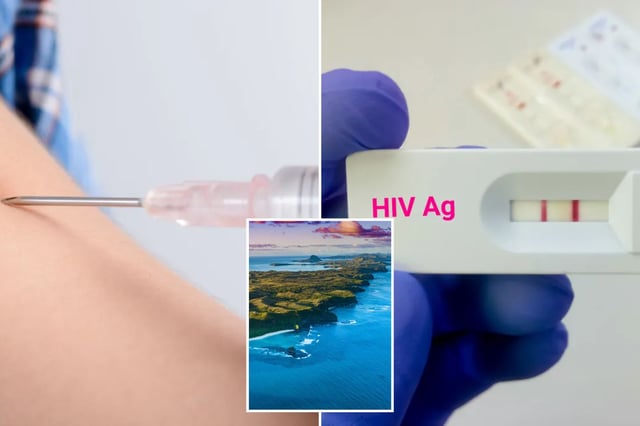Overview
- The UN says the practice may be tied to a nearly tenfold rise in Fiji’s HIV infections from 2014 to 2024, with injecting drug use now responsible for 48% of new cases.
- Fiji’s assistant health minister Penioni Ravunawa warned the country could exceed 3,000 new HIV cases by the end of 2025, up from fewer than 500 people living with HIV in 2014.
- In bluetoothing, a user injects a drug, draws blood, and another person injects that blood to seek a weaker high, a method also known as flashblood or hotspotting.
- A 2023 PLOS One study reported that nearly two in five people who inject drugs in parts of South Africa practiced the method, alongside low uptake of ART and virtually no PrEP use.
- UNAIDS and researchers call for routine screening of frequent drug users, stigma reduction, expanded needle‑exchange services, and improved access to HIV treatment and prevention.
